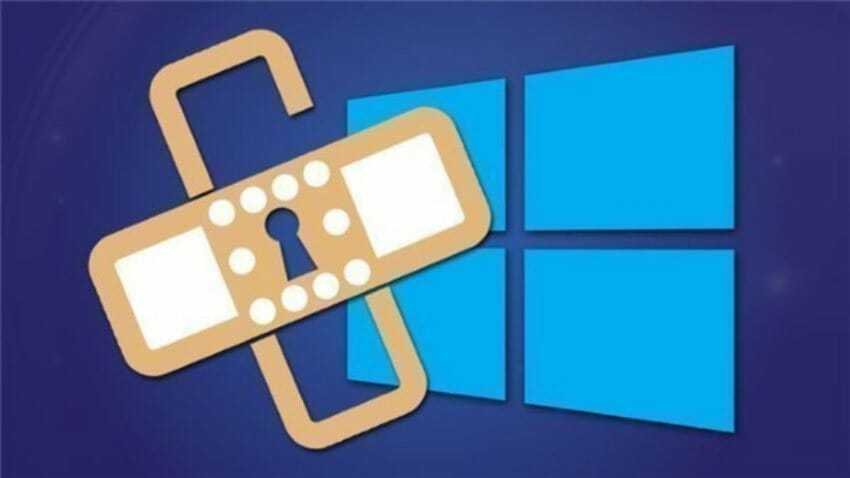Microsoft has released some optional cumulative updates for Windows 10 versions 1909, 1903 and 1809. They are the first optional updates since they stopped them in March due to the pandemic of COVID-19.
Microsoft said last month that July would again bring the optional Windows 10 cumulative updates for Windows 10 1809 (and later) with minor changes. 
Previously, Microsoft had optional updates on the third and fourth week of each month, called "C" and "D" weeks, respectively, and followed the "B" week security update on Patch Tuesday.
The optional update is now available in week C and the company calls it a "Preview" release.
Update (does not contain security updates) "Preview" for Windows 10 in versions 1903 and 1909 raises the OS number to 18362.997 and 18363.997, respectively. Both contain the same updates because the two operating systems share a common kernel system. Updating Windows 10 to version 1809 raises the build at number 17763.1369.
There is a very long list of bug fixes, including some that will be welcomed by Windows 10 users in versions 1903 and 1909. For example a known issue that prevents access to thenetwork όταν χρησιμοποιούν συγκεκριμένα μόντεμ wirelessy network (WWAN). This issue has been affecting Windows 10 devices since update KB4535996 was released on February 27.
It also encounters an error that prevented Excel from working for some users.
Microsoft says it has also patched File Explorer to allow users to delete previous conditions from the search box and another issue again in File Explorer that wouldn't let it work when users opened folders with raw images.





